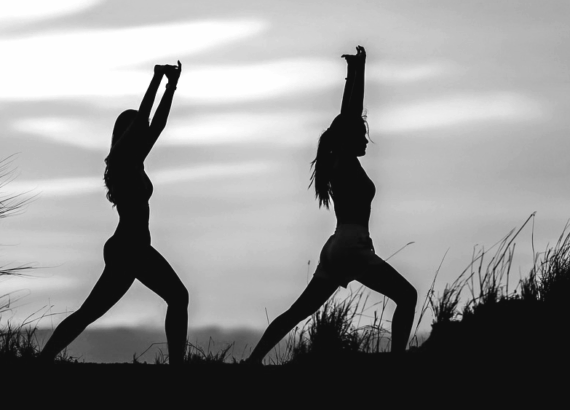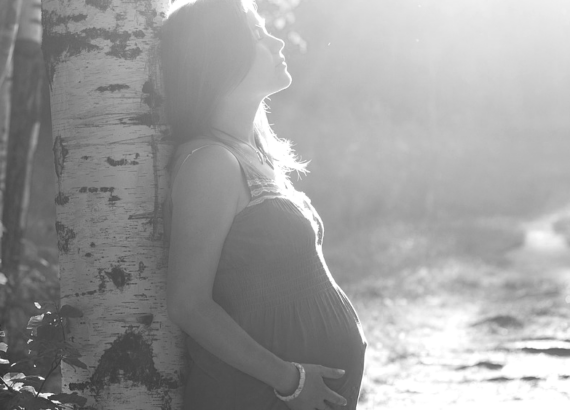What Are the Signs of Unhealed Attachment Trauma?

Our lives are built on emotional foundations formed in our youth — sometimes during early childhood or even infancy. Particularly important to those foundations are the relationships we have with our caregivers. When those relationships are strong, loving, and reliable, our foundations reflect that. In contrast, a childhood marked by abuse, neglect, and instability creates stress fractures that stay with us all throughout our lives. We may forget those cracks are there, but if left unattended, those experiences inform how we respond to relationships as adults. This can lead to Signs of Unhealed Attachment Trauma.
In today’s post, we’re taking a deep dive into how to spot the signs of unhealed attachment trauma.
Signs of Unhealed Attachment Trauma
Insecurity in Relationships
We remember the ways in which we were hurt as children, and those wounds inform our fears as adults. For those who experienced instability, rejection, betrayal, or neglect, it’s only natural they might feel insecure or unsafe in relationships as adults. Some common expressions of these insecurities include:
- Difficulty with trust
- Fear of abandonment
- Need for reassurance
Insecurity in relationships sometimes presents in unexpected ways. Someone who is worried their partner may leave them or cheat on them may end a relationship prematurely in an attempt to avoid pain. It’s critical to understand that many of our behaviors are self-defense mechanisms. Like a child who has burnt their hand on the stove, they’ve learned that relationships can burn them if they aren’t careful.
Self-Loathing
Our earliest opinions of ourselves are formed based on how others treat us. If someone feels loved and secure as a child, they will likely learn to love themselves and carry that confidence into adulthood. But for those who suffer from neglect or abuse, the opposite is often true. They may have a lingering sense of themselves as broken or damaged.
Accordingly, people with unhealed attachment trauma are quick to blame themselves for issues in relationships and often struggle to continue when they encounter setbacks.
People Pleasing
Another common sign that someone may have unhealed attachment trauma is a strong desire to please others, often at their own expense. This may mean setting aside hobbies or interests to spend time focusing on their relationship. It could mean sacrificing friendships or family connections to make their partner happy.
In many cases, these sacrifices aren’t even asked for. They are made preemptively — which can lead to feelings of resentment and frustration when they aren’t appreciated.
Hypervigilance
Some people adapt to the chaos and inconsistency of youth by becoming worry warriors. Their bodies live on high alert as a result of unhealed attachment trauma. As a result, they’re constantly thinking ahead about what could go wrong next. With their attention always fixed firmly on future unknowns, many find it impossible to feel safe in their relationship, let alone enjoy it.
Perfectionism
For those who grew up feeling neglected or afraid, perfectionism often emerges as an unlikely self-defense mechanism. In the first case, it’s a way to get positive attention from caregivers—whether teachers or parents. For those who grow up in fear of their caregivers, perfectionism emerges as a way to avoid conflict. Bringing home a good report card becomes a way to keep the peace at home.
Avoidant Behaviors
When you learn that the people who love you are a source of danger, you learn to avoid love altogether. For those with avoidant behaviors, emotional connection is seen as a threat. They may struggle to connect emotionally or retreat when becoming entangled with someone.
Schedule Counseling
Left unresolved, unhealed attachment trauma persists throughout our lives. We may not realize those stress fractures are still there, but like old wounds we learn to work around, they influence our patterns of behavior. Thankfully, attachment trauma can be healed with the right support. If you’re interested in learning how to heal the wounds of your childhood, reach out today.




